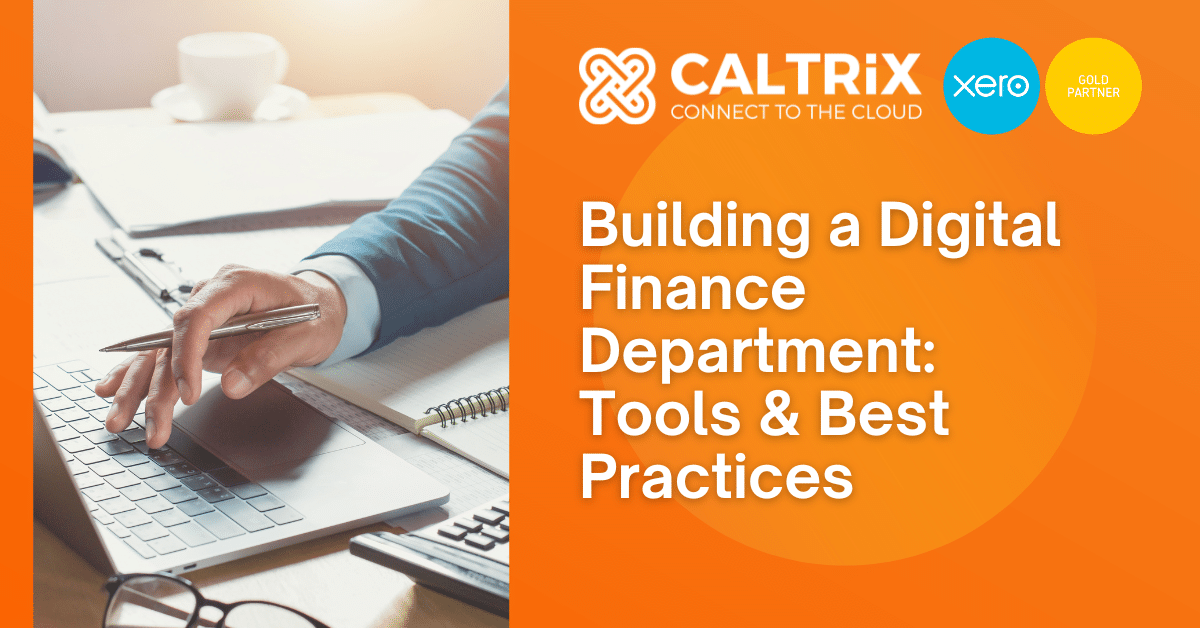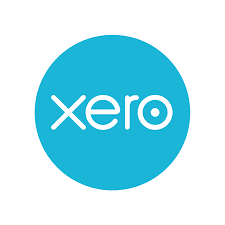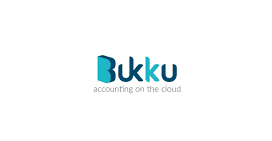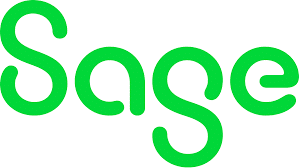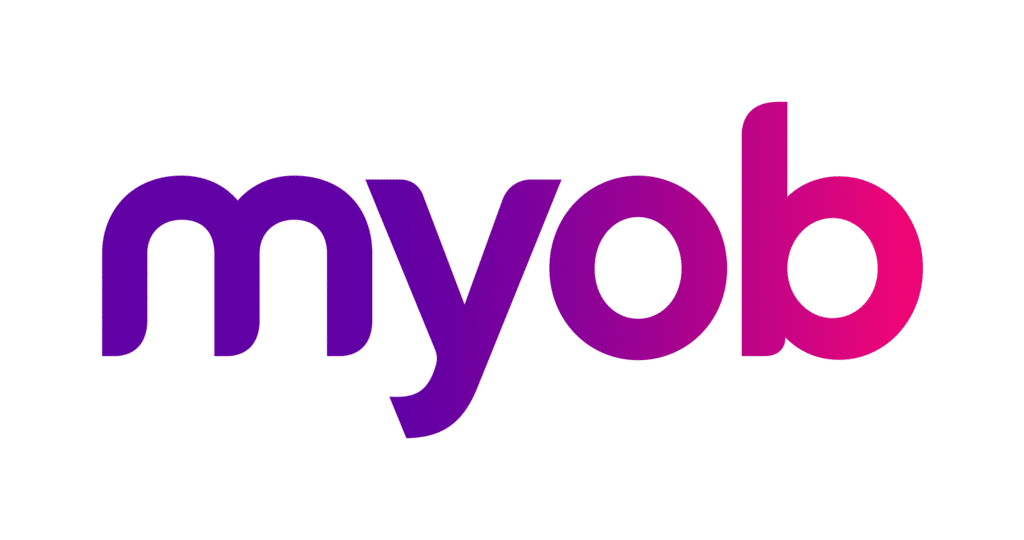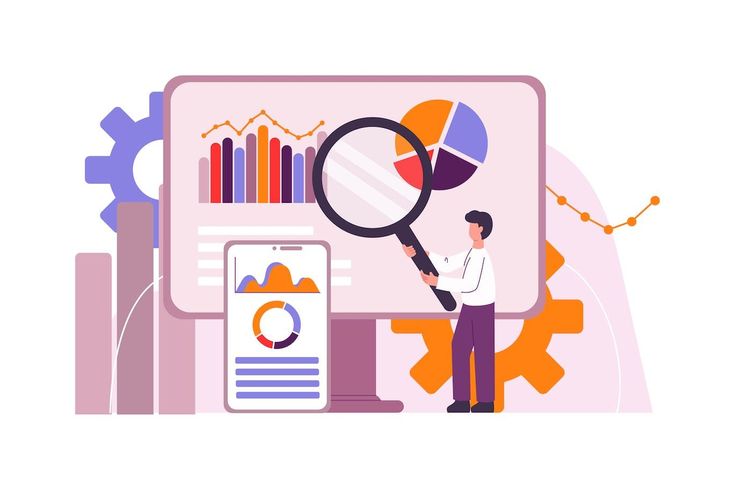Having online work for bookkeeping and finance is necessary. It helps in improving efficiency, data quality, and security. It also helps achieve better decisions and more sustainable stakeholder trust. Digital transformation finance solutions place your business at the helm today and tomorrow.

Why do businesses need to Make Digital Work for Finance and Bookkeeping?
– Improve Efficiency and Reduce Costs
Digital technology obliterates the need for manual labor in tedious operations. Data capturing, invoicing, and reconciliation are now not time-wasting operations. Automation speeds up business processes and reduces mistakes. Employees can dedicate their valuable time to more tactical activities. Such a shift lowers operational costs and raises productivity.
– Enhance Data Accuracy and Integrity
Financial information is brought together by digital systems. They offer a single source of truth. This minimizes discrepancies and data silos. Automated verifications such as e-invoice validation ensure data is correct and reliable. Real-time reporting offers data at the click of a finger. Such functionalities allow for easy, quick, and informed decisions.
– Improve Security and Maintain Compliance
Paper record-keeping is worse for security. Access controls and encryption cannot be used on paper. Essential information is kept away from cyberattacks and physical damage by the Cloud. Digital systems also simplify compliance, such as the LHDN e-invoice, for regulations. This reduces regulatory risk and penalties.
– Gain Real-Time Insights for Better Decisions
Cloud-based systems provide data updated in real-time at all times. They incorporate advanced analytics capabilities. The capabilities enable proactive monitoring of financial results. They enable predictive analytics to forecast future trends. It allows companies to respond quickly to changes.
– Build Trust with Stakeholders
Transparency is increased by access to real-time data. It improves investor, creditor, and client relations. Customized reports make data more relevant and easier to understand. Better communication improves inter-departmental cooperation.
– Support Business Growth and Scalability
Cloud computing platforms are flexible. They scale with your business. The more your clients enter the online world, the more data digital systems handle with ease. They allow you to add services with minimal disruption. This flexibility supports long-term growth.
– Promote Sustainability
Digital management of documents reduces paper use. Cloud storage eliminates physical files. This saves costs and promotes environmental goals. Digital operations such as implementing e-invoices and self-billed e-invoices guarantee a greener, more sustainable future.
Top 5 Useful Cloud Accounting Tool for Malaysia SMEs
1. Xero
Xero is cloud-based accounting software. It is designed for bookkeepers, accountants, and small businesses. Xero makes it simple to handle finances. Xero automated bank reconciliation, reporting, and invoicing. Xero is simple to operate. It also offers various integrations with other software. Overall, Xero keeps businesses in check and allows them to make smarter financial choices.
|
Package / Price Range |
Starter, Standard, Premium RM130 – RM330 per month Before 31 December 2025 start subscribing to Xero, users can enjoy a 50% discount for 3 years (36 months). |
|
Free Trial |
30 days free trial |
|
Key Feature |
Xero has an app-wide set of online accounting features. They include invoicing, bank reconciliation, expense claims, project tracking, payroll, inventory, and multi-currency. These features are designed to make small business finance easy. |
|
Security |
Xero follows strict security measures. It uses encryption and multi-factor authentication to safeguard information. |
|
App Integration |
Xero has an enormous collection of app integrations from its app store. It supports integrating third-party apps for payment, invoicing, CRM, and industry needs. This makes it an agile, customizable system. |
|
Support |
Xero offers 24/7 customer support. It includes online help resources, forums, and expert guidance. They allow users to get the most out of the platform. |
2. Bukku
Bukku simplifies finances, provides real-time visibility, and seamless integrations to make business simple and efficient.
|
Package / Price Range |
Launch, Growth, Premium RM0, RM59, RM99 (Price before 8% SST) |
|
Free Trial |
30 days free trial |
|
Key Feature |
Bukku provides diverse financial tools. It supports purchase invoices, automated invoicing with payment options, real-time inventory, and stock value management. It provides over 50 automated financial reports, which are easy to analyze. Also, it is simple to use, even for those who are not familiar with accounting. |
|
Security |
Bukku has strong security measures with 256-bit SSL encryption. The data is automatically backed up daily and on a periodic basis to prevent data loss. The security measures encrypt and guard user data. |
|
App Integration |
Bukku supported payroll software includes Talenox, PayrollPanda, and Kakitangan. Users are able to import payroll data automatically. Bukku also has a built-in POS system, which is MiniPOS. MiniPOS allows for retail sales tracking across multiple devices. With this integration, a seamlessly integrated financial management system is created. |
|
Support |
Support and updates are included in the subscription cost. The users do not have to pay extra for support or software updates. There are free training materials. For example, Bukku offers free e-invoice training. These materials help the users derive maximum value out of the platform. |
3. Quickbook
QuickBooks is a powerful accounting solution for small and medium-sized businesses. It simplifies financial management via the use of invoicing, expense management, inventory management, and consolidated e-invoice functionalities. It has integration and security features that help businesses stay organized effortlessly. QuickBooks also automates tasks and allows for better financial decision-making.
|
Package / Price Range |
Simple Start, Essentials, Plus, Advanced RM68 – RM247 (For the first 3 months, users can save up to 70%.) |
|
Free Trial |
30 days free trial |
|
Key Feature |
QuickBooks offers a broad array of accounting functionalities. It has invoicing, expense tracking, inventory management, and financial reporting. The user can customize templates according to their requirements. They can automate workflows to enhance efficiency. |
|
Security |
QuickBooks uses a number of security features to protect data. It includes multi-factor authentication and fraud protection technology. These protect user data from unauthorized access and keep it confidential. |
|
App Integration |
QuickBooks connects with over 800 popular business software applications. Some of these include e-commerce sites, payment processors, and time-tracking software. The integration allows for the automatic transfer of accounting data between applications. This combines workflows and reduces manual data entry work. |
|
Support |
Users can get help through tutorials, webinars, and community forums. These help resolve problems quickly. QuickBooks also offers access to certified advisors and professional accountants for expert help. |
4. Sage Business Cloud Accounting
Sage, with over 40 years of history, offers solutions for streamlining finance, HR, and operations. These technologies allow businesses to prosper in a digital economy.
|
Package / Price Range |
Pro Accounting, Premium Accounting, Quantum Accounting RM263 – RM750 / month / 1 user (additional user with different price) If you want to get more information about each plan’s features and HR & Payroll bundles, please visit here. |
|
Free Trial |
30 days free trial |
|
Key Feature |
Sage provides single-stop solutions that maximize business operations. The software provides insights that support improved decision-making. The software also allows for the streamlining of complicated tasks. This leads to more efficient operations. |
|
Security |
Sage uses top-of-the-line cybersecurity. Privacy and compliance are given top priority in the organization. This guarantees data is reliable and secure. |
|
App Integration |
Sage connects with many third-party applications. These integrations enable smooth and accurate data exchange. They help reduce manual entry work and boost efficiency. |
|
Support |
Sage offers support around the clock. Customers can access online resources, webinars, and expert help anytime. This support helps users solve problems quickly and efficiently. |
5. MYOB
MYOB Business Cloud Accounting is a cloud-based accounting program. It’s meant for small and medium businesses. The system allows users to manage their accounts easily. Users can access it wherever there is an internet connection. The system offers features such as invoicing, recording expenses, payroll, and real-time financials. This instills trust in users. The user interface is simple and intuitive. It maintains companies in contact with cash flow. Tax compliance is also facilitated by the platform. MYOB has flexible subscription plans. These plans make financial operations easier for businesses. Overall, MYOB Business Cloud Accounting improves efficiency and simplifies financial management.
|
Package / Price Range |
Solo, Lite, Pro, AccountRight Plus RM47 – RM635 / per month (All plans can enjoy a 50% discount for the first 3 and first 6 months, for Solo and AccountRight Plus is 3 months; Lite and Pro is 6 months.) |
|
Free Trial |
14 days free trial |
|
Key Feature |
MYOB includes invoicing, expense management, tax and GST management, payroll, inventory, and cash flow management. These tools help businesses simplify daily operations. They also provide real-time financial information and automate manual tasks. |
|
Security |
Data security is MYOB’s top priority. The site uses industry-standard practices like ISO 27001, encryption, and two-factor authentication. It also complies with PCI DSS when protecting sensitive information. MYOB has resources available for users to recognize phishing and keep their accounts secure. |
|
App Integration |
MYOB has seamless integration with over 350 third-party apps, including inventory, payment, and CRM systems like Square, Shopify, Velixo, and CreditorWatch, to allow businesses to extend functionality and automate processes. The integration ecosystem delivers a flexible and scalable business management environment. |
|
Support |
Support is offered on various platforms. MYOB offers support via browser-based solutions, desktop software, and specialty solutions like MYOB Practice and MYOB AE/AO. Their support services address troubleshooting, technical issues, and security concerns. This assists the users in getting dedicated help whenever needed. |
8 Best Practices for Building a Digital Finance Department
Transforming your finance organization into a digital-driven one needs careful planning. It also needs the right tools and mindset. The following 8 best practices can guide your efforts.
1. Engage the Right People
Start with engaging the primary stakeholders. They are the senior management and the digital finance leaders. Their support is essential. They will champion the change and motivate others. Consider appointing a Chief Digital Officer or similar role. Their leadership can significantly improve success chances. Early employee engagement makes them understand the vision. It also makes them engage more actively.
2. Set Clear Goals Tied to Business Strategy
Establish specific and measurable objectives. Each objective must support your company’s general business plan. For example, attempt to automate repetitive processes or improve data quality. Definite objectives give guidance to your staff. They also help measure progress. When everyone knows the objectives, motivation is improved.
3. Take Advantage of Sophisticated Tools and Technology
Select digital tools that streamline processes. Examples include automation platforms and Business Intelligence (BI) solutions. These types of tools can help improve efficiency and insights. The tools should be user-friendly and scalable. They should integrate with your existing systems like CRM or payroll. Emerging technologies such as AI and machine learning need to be evaluated periodically. They can improve your forecasting and analytics.
For example, integrating Xero with your business systems can improve how you manage your financial data. Connecting Xero to BI tools like Microsoft Power BI provides you with customized dashboards and reports. These tools help you easily monitor your key performance indicators (KPIs). You get real-time visibility into your financial health.
To integrate Xero, Caltrix Asia is an expert and professional helper, and a free clarification call is available to all.
4. Automate and Improve Processes
Identify time-taking manual processes that are done by your team. Automate such processes to reduce time consumption and reduce manual errors. Redesign the processes to fit in automation. Ensure the processes are flexible enough to alter as and when necessary. Continuously monitor and optimize these processes for better results.
5. Communicate Openly and Frequently
Communication builds trust and support. Use newsletters, meetings, or dedicated channels to report updates. Keep everyone informed about how things are progressing and what is evolving. Ask for feedback on a recurring basis. Encourage teams to offer suggestions and issues. Proper communication dispels silos. It also boosts collaboration across departments in functions like sales or marketing.
6. Invest in Training and Support
Provide training sessions for new tools. Offer support materials like tutorials, manuals, or FAQs. Ongoing support is key. Let your employees learn and adjust at their own pace. Celebrate small victories to build confidence. Patience and ongoing learning offer an open atmosphere for change.
7. Stay Agile and Promote Innovation
The online landscape evolves quickly. Your finance team must be agile. Experiment with new ideas and track results on an ongoing basis. Use lessons learned to tweak processes. Encourage team members to propose new methods. Sharing knowledge allows everyone to learn and adjust faster. Agility allows your department to remain competitive.

